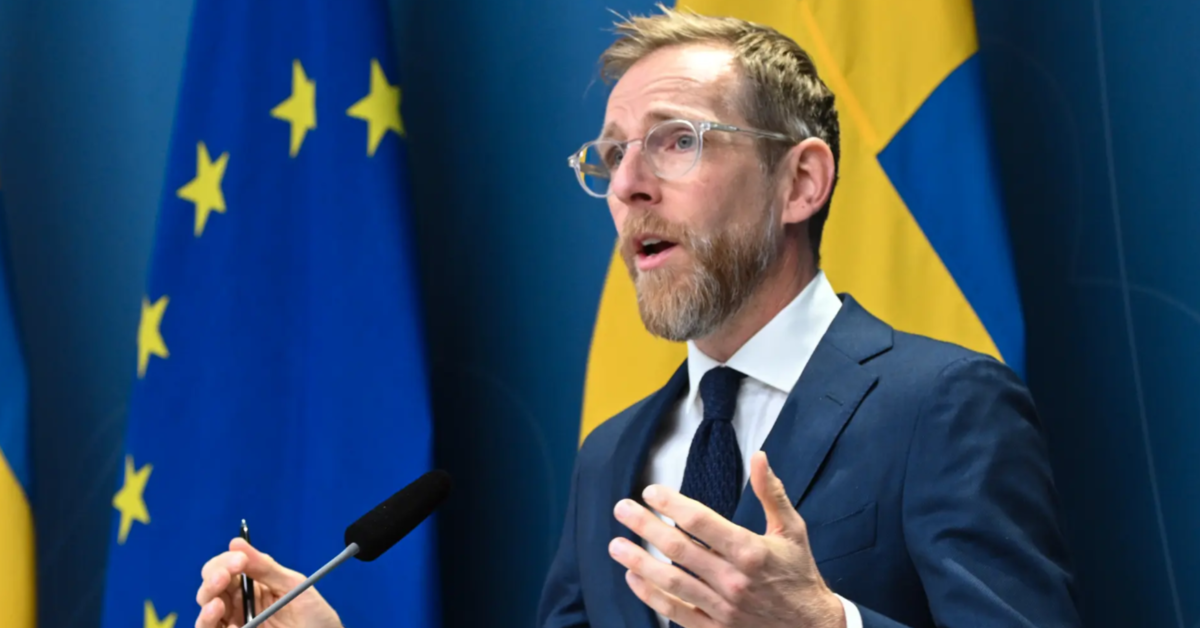Power-Sharing Collapses in Scotland
At a Glance
- The First Minister of Scotland today ended the coalition agreement with the Scottish Green Party with immediate effect
- The Scottish National Party (SNP) will now govern with a minority in Scotland for the first time since 2011
- In a day of fast-moving developments, the Scottish Conservatives have tabled a Motion of No Confidence in the Scottish Government
What Happened?
This morning the First Minister of Scotland, Humza Yousaf of the Scottish National Party (SNP), formally ended the coalition with the Scottish Green Party, leaving the SNP governing with a minority.
While some have described this as the "beginning of the end" of the SNP’s political dominance of Scottish politics, it’s perhaps more appropriate to call this the continuation of the end. The roots of this morning’s developments lie in the decision of the Scottish electorate in 2021 to send the SNP back to Holyrood without a majority, forcing them to seek the support of the pro-independence Greens in the form of the Bute House Agreement.
The always-fragile coalition has been in jeopardy for some time, in part due to serious disagreements about climate goals. Yousaf said he had concluded the Agreement no longer provided the stability it was designed to. A reportedly fractious state of relations had culminated in the Greens scheduling a vote of its membership on continued arrangements. Although it is understood the Party leadership intended to urge members to vote to continue the coalition, this is now superseded by today’s events.
In power since 2007, the SNP has enjoyed hegemony over Scottish politics akin to the Conservatives’ post-2010 dominance in Westminster. In the same way, scandals and crises have gradually taken their toll, and what began as cracks have turned into deep fissures as the Party has been consumed by its own internal issues. As we write, Peter Murrell – the SNP’s former CEO and husband of former Leader and First Minister Nicola Sturgeon – is on bail, having been arrested and charged with embezzlement.
What are People Saying?
In a characteristically defensive press conference, the First Minister argued that his decision to end the coalition was a sign of leadership, not weakness. Asked if he had been "pushed before he jumped," he asserted – perhaps to the surprise of some present – “I am still the First Minister of Scotland.”
Announcing a "new beginning" for his Government, Yousaf argued that some of the SNP’s biggest political successes were achieved while in a minority government. This presumably inadvertent attempt to compare himself to the political titan that was Alex Salmond – who, too, has since fallen from grace – will not have gone unnoticed.
Yousaf said he hopes to have a "less formal arrangement" with the Greens, a nod perhaps to the confidence-and-supply agreement which kept the SNP in power with a minority from 2007-2011. The Greens in response called Yousaf’s decision "an act of cowardice and betrayal."
The Scottish Labour Party will be viewing this morning’s developments from the sidelines with contained excitement. The Party, for decades the dominant force in Scottish politics, saw its support collapse in 2015 – but polling suggests that they are set to make an electoral comeback. Labour contacts tell EGA that this is a moment of real significance; "another sign that everything is falling apart." A senior Labour source told EGA that this morning marks "the final days of Rome."
Scottish Conservative Leader Douglas Ross has already tabled a Motion of No Confidence in the Scottish Government. It would seem that Yousaf will have an immediate crisis to fight before he can turn his attention to the long-term challenge of minority government.
What Does this Mean?
The next Scottish Parliamentary elections are not until May 2026. The reality is that Yousaf has little prospect of finding a willing partner to replace the Greens in coalition. The attritional approach that the SNP has taken in Scotland, particularly under his leadership, means that nobody is willing to throw their lot in with him.
For years, the SNP has put itself deliberately at odds with both the UK Government and other political parties. By using their political muscle to force through policies on climate targets or gender recognition measures, widely since seen as unrealistic or controversial, they have systematically eroded their political capital and now find themselves friendless and governing alone.
Governing with a minority leaves the SNP Government vulnerable to having its legislative ambitions picked apart. The Conservatives, the second-largest contingent in the Scottish Parliament, will likely seek to capitalise by amending legislation wherever it can. A UK Cabinet Minister told EGA “if the Scottish Tories are smart, they will table amendments which will attract the support of Labour” – the third party in Scotland. “Although there remains a pro-independence majority at Holyrood, the Unionist parties can inflict significant damage on an SNP agenda if they work in tandem.”
Materials presented by Edelman Global Advisory UK. For additional information, please reach out to David.Sforza@EdelmanEGA.com.



